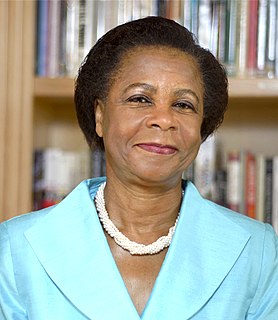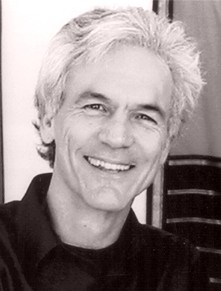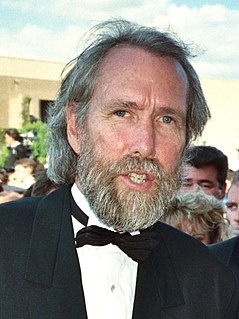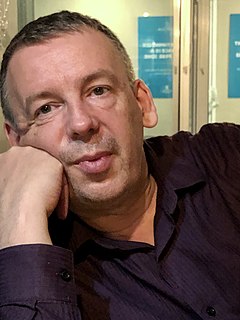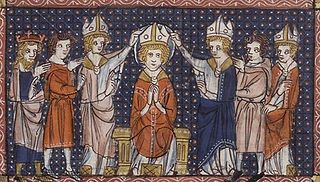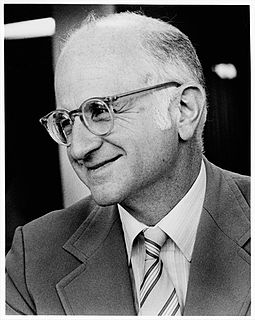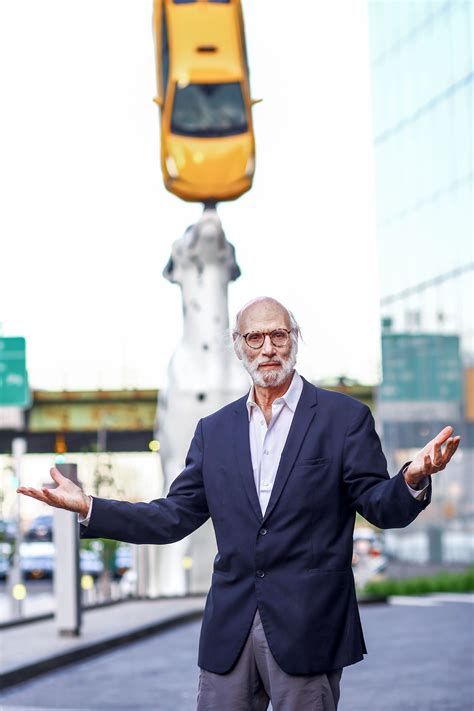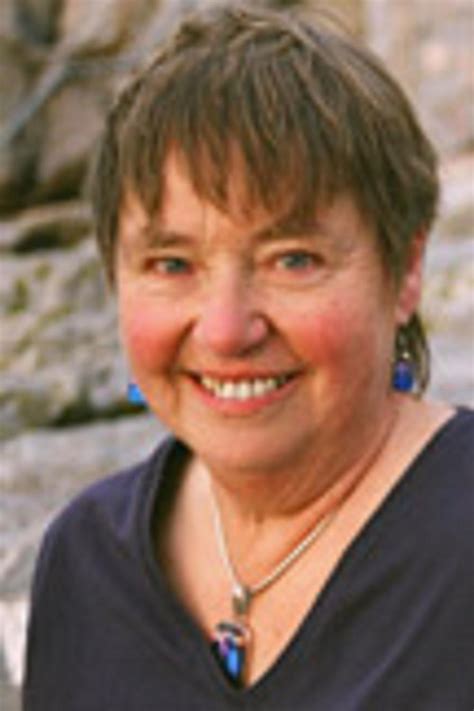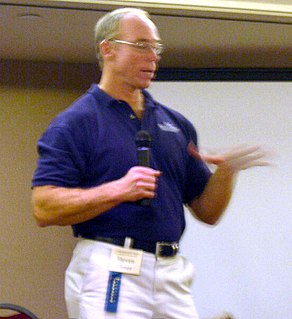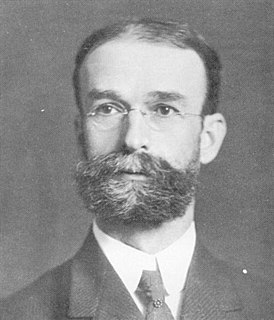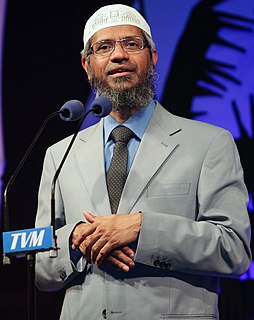A Quote by Mamphela Ramphele
Attitudes toward other creatures is conditioned by one's level of security within the universe.
Related Quotes
Self-acceptance begins in infancy, with the influence of your parents and siblings and other important people. Your own level of self-acceptance is determined largely by how well you feel you are accepted by the important people in your life. Your attitude toward yourself is determined largely by the attitudes that you think other people have toward you. When you believe that other people think highly of you, your level of self-acceptance and self-esteem goes straight up. The best way to build a healthy personality involves understanding yourself and your feelings.
So many people live within unhappy circumstances and yet will not take the initiative to change their situation because they are conditioned to a life of security, conformity, and conservatism, all of which may appear to give one peace of mind, but in reality nothing is more dangerous to the adventurous spirit within a man than a secure future.
The human being is that space in which the comprehensive compassion that pervades the universe from the very beginning now begins to surface --within consciousness. (As compared with the natural displays of compassion by other creatures that is not necessarily 'within consciousness. ') That's the only difference. We didn't create compassion, but it's flowing through us-or it could. The phase change that we're in seems, to me, to depend upon that comprehensive compassion unfurling in the human species.
Writing engenders in us certain attitudes toward language. It encourages us to take words for granted. Writing has enabled us to store vast quantities of words indefinitely. This is advantageous on the one hand but dangerous on the other. The result is that we have developed a kind of false security where language is concerned, and our sensitivity to language has deteriorated. And we have become in proportion insensitive to silence.
